
The missing voices of Western Sahara
At the UN’s annual Western Sahara debate, everyone gets heard except the Sahrawis themselves.

At the UN’s annual Western Sahara debate, everyone gets heard except the Sahrawis themselves.
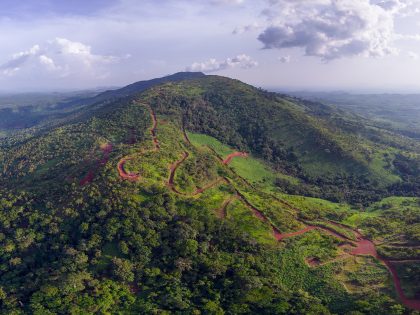
A $20 billion iron ore mega-project is reshaping Guinea’s economy and politics, but communities in Simandou say they still lack water, electricity, and accountability.
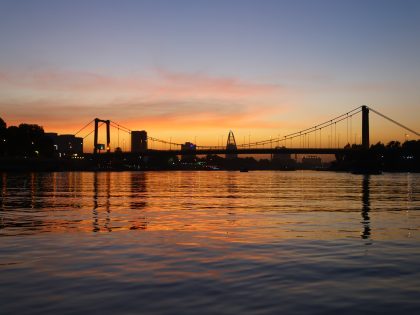
Khartoum’s recovery is not a national recovery. Until Sudan confronts the violence that has long been concentrated outside the capital, 'liberation' will remain a hollow word.
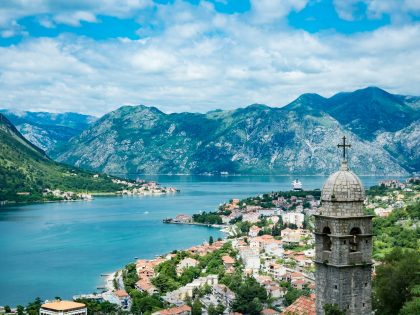
What began as a revenue lifeline for small island states has become a global market where the wealthy buy mobility and sovereignty itself becomes a commodity.
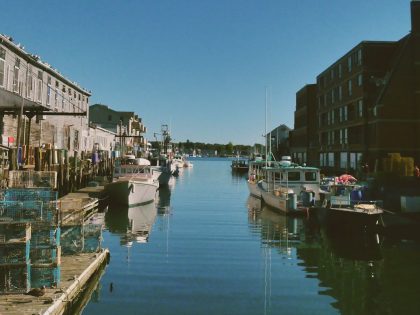
The economic emancipation of the American working class cannot come at the expense of the global working class.

The post-colonial settlement has left Africa vulnerable to conflict, external pressure, and intellectual dependency. What comes next?
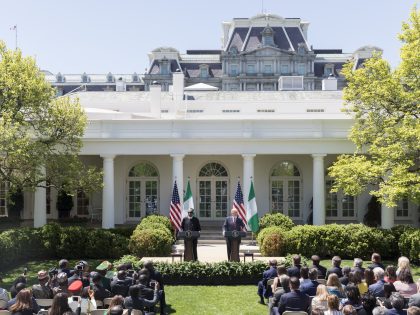
Trump’s threats of military action against Nigeria are not about Christian genocide, but are about rare earths, China, and the scramble to control Africa’s mineral future.
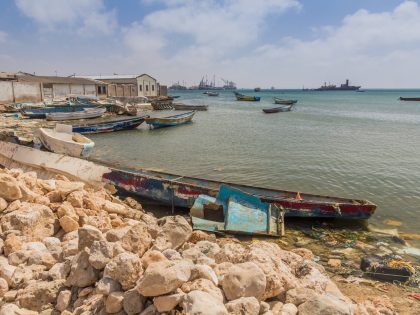
Half a century after the Soviets built their base on the Gulf of Aden, the same strategic coastline is once more drawing in foreign powers, old and new.
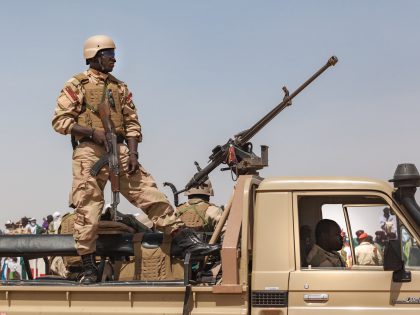
Across the continent’s new coup belt, young officers are stepping into power, casting themselves as guardians against corrupt civilian elites.
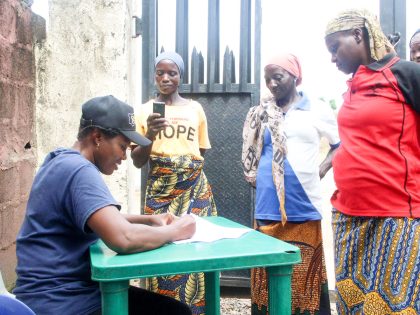
Trump’s aid cuts have gutted HIV programs across Nigeria—forcing local women-led groups to rebuild health and dignity from below.
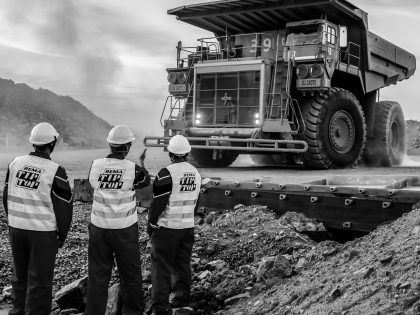
Africa’s first G20 presidency could mark a turning point for the continent—or simply another performance of green-washed extraction led by mining elites.
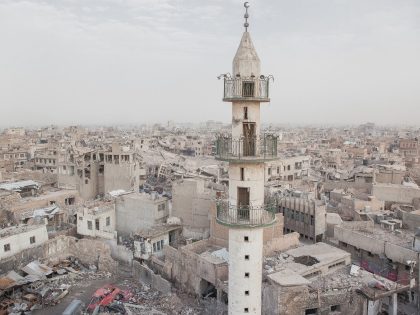
From Iraq to Gaza, empire no longer needs to annihilate populations when it can dismantle the very structures that make collective life possible.
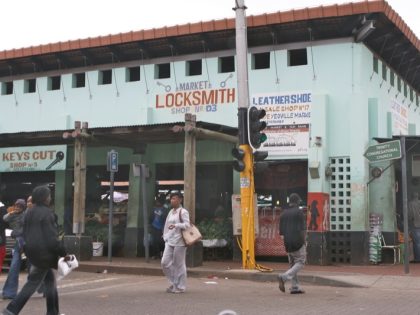
From indirect rule to Operation Dudula, the lines dividing citizen from stranger trace back to the way empire organized identity and labor.

Francesca Albanese’s visit to South Africa exposed a truth we prefer not to face: that our moral witness has hardened into ritual. We watch, we clap, we call it solidarity.
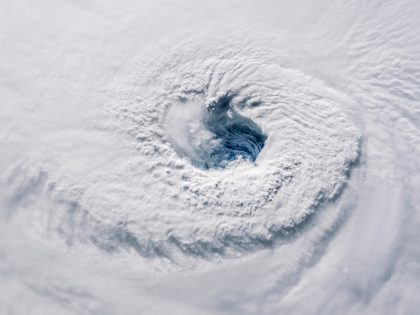
Hurricane Melissa made clear what COP30 obscures: the climate crisis still follows the lines of empire.
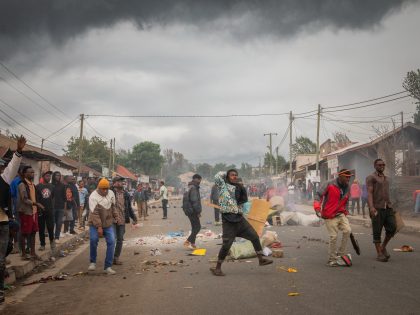
In Tanzania, the Gen Z uprising meets a state whose old bargains have collapsed.
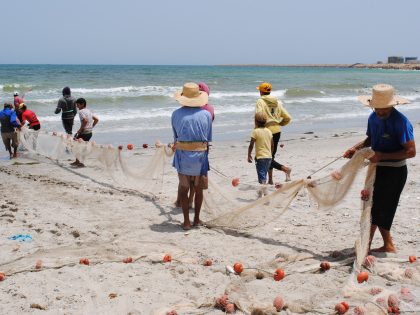
In Tunisia’s coastal city of Gabès, residents live in the shadow of the phosphate industry. As pollution deepens and repression returns, a new generation revives the struggle for life itself.
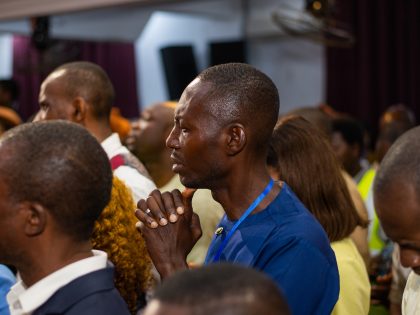
Far-right and pro-Israel actors are recasting Nigeria’s insecurity as sectarian extermination to distract from Palestine.

Cameroon’s president has ruled for over four decades by silence and survival. Now, with dynastic succession looming and no clear exit strategy, the country teeters between inertia and implosion.
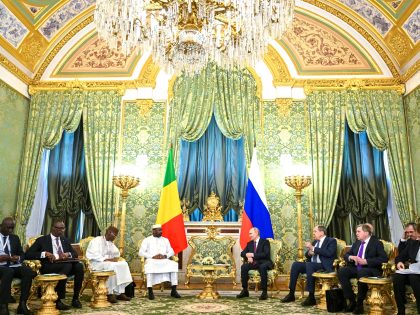
Assimi Goïta’s regime has built its legitimacy on defiance of the West and promises of renewal. But with increasing internal pressure, a turn to Moscow risks deepened dependency.